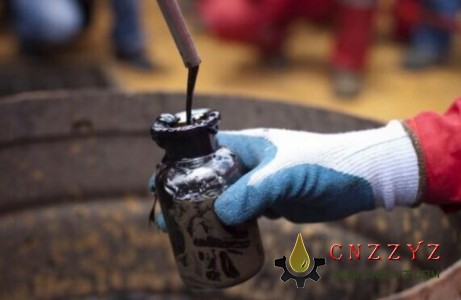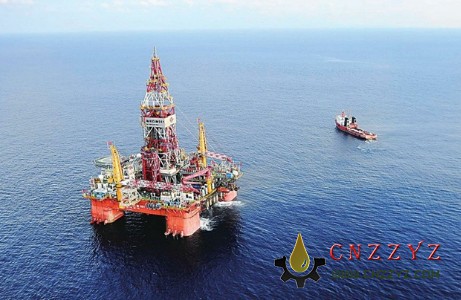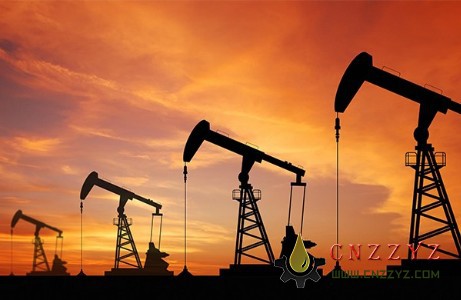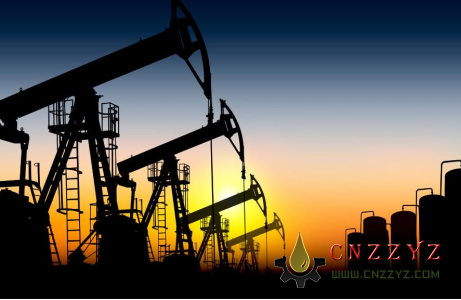石油设备网讯 据普氏能源资讯4月19日巴黎报道,沙特阿拉伯能源部的一位资深顾问周五表示,欧佩克、俄罗斯及其盟友之间的协议将继续存在。鉴于俄罗斯对目前的市场管理发表了不温不火的评论,外界担心该联盟可能会结束,但他淡化了这种担忧。
易卜拉欣·穆哈纳在巴黎举行的国际石油峰会上说:“俄罗斯和沙特阿拉伯之间的合作将继续下去。”他强调说,“这是欧佩克+合作的核心。”
欧佩克、俄罗斯和其他9个非欧佩克成员国正在实施每日120万桶的减产计划,此举帮助油价从2018年最后三个月的大幅下跌中复苏。削减预算的协议预计将持续到6月,合作协议在是否应该延长该协议上存在分歧。
俄罗斯质疑以市场份额损失换取油价上涨的好处。最近几周,布伦特(Brent)原油价格已从2018年底的50美元/桶升至70美元/桶以上。
一个由9个国家组成的监督委员会将于5月19日召开会议,审查市场状况。该委员会由该联盟的两个最大成员共同担任主席,沙特阿拉伯和俄罗斯更为谨慎。由24个成员国组成的欧盟将于6月25日至26日在维也纳举行会议,就该协议的未来做出决定。
欧佩克取消了4月份的一次会议,原因是人们对油价感到放心,且市场仍未被视为失衡。
去年11月,沙特阿拉伯和俄罗斯的石油日产量达到创纪录的1100万桶以上,同时美国豁免将在5月份进行审核。
薛珂 编译自 普氏能源资讯
原文如下:
OPEC, Russia alliance has long-term future: Saudi adviser
The pact between OPEC, Russia and its allies is "here to stay," a longtime adviser at Saudi Arabia's energy ministry said Friday, playing down concerns that the alliance could end given Russia's lukewarm comments around the ongoing market management.
"Cooperation will continue between Russia and Saudi Arabia," Ibrahim al-Muhanna said at the International Oil Summit in Paris, stressing that "it is the core of OPEC+ cooperation."
OPEC, Russia and nine other non-OPEC partners are in the midst of a 1.2 million b/d production cut that has helped oil prices recover from a massive slump in the last three months of 2018. The cut agreement is scheduled to run through June, and the coalition is divided on whether it should be extended.
Russia has questioned the benefits of the loss of market share in exchange for higher oil prices, where Brent crude has rise from $50/b at the end of 2018 to above $70/b in recent weeks.
A nine-country monitoring committee co-chaired by the coalition's two largest members -- Saudi Arabia, which wants to extend the cuts, and Russia, which is more circumspect -- is scheduled to meet May 19 to review market conditions. The full 24-country bloc will meet June 25-26 in Vienna to decide on the agreement's future.
OPEC canceled a meeting in April amid greater comfort over oil prices and with the market still not deemed to be back in balance.
The Saudi adviser also said that the alliance was "careful not to make the same mistakes as last year" and was taking a "policy of wait and see", after Saudi Arabia and Russia were wrong-footed by the US stance on Iran sanctions.
Saudi Arabia and Russia were producing at record highs of above 11 million b/d in November to offset the risk of a supply shortage, only for the US to grant waivers to key consumers. These waivers are up for review in May.






